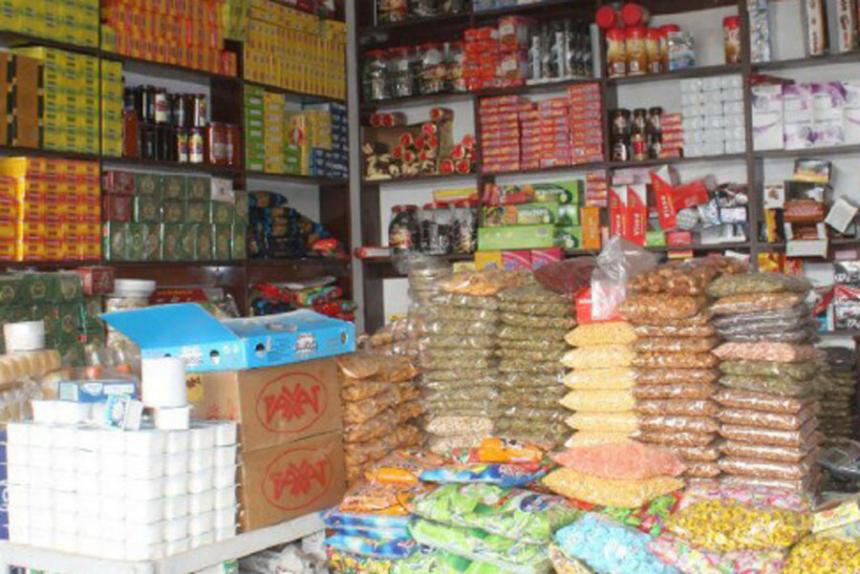RASC News Agency: The World Food Programme (WFP) has sounded the alarm over a sharp and sustained increase in food prices across Afghanistan, particularly in the country’s southern and western provinces. In its latest report released on Sunday, June 22, the United Nations-affiliated agency warned that the rising costs of essential food items could severely exacerbate the already dire food insecurity affecting millions under Taliban rule. According to the WFP’s findings, the average prices of staple goods surged significantly over the past week, driven largely by disruptions in trade routes and supply chains a consequence of administrative paralysis and deteriorating regional cooperation under Taliban governance. One of the most critical supply lines imports from Iran has experienced major logistical setbacks. These disruptions have led to increased transport costs and delivery delays, affecting the availability and affordability of food across local markets.
Fuel prices, particularly diesel, have also surged, compounding the crisis. The cost of diesel soared by 14.7% in just one week, reaching 67.1 Kabuli rupees per liter. As a direct result, domestic transportation costs have climbed dramatically, driving up the final retail prices of food in nearly all provincial markets. Market instability remains volatile. While prices for certain vegetables such as tomatoes and potatoes have decreased marginally, the price of onions a staple ingredient in Afghanistani households has risen by 2.8%. These fluctuations reflect a broader economic instability that stems from the Taliban’s inability to implement coherent trade, fiscal, or food security policies.
The WFP emphasized that this inflationary trend poses a grave threat to millions of Afghanistani families, particularly those already living below the poverty line. In a country where average incomes have plummeted since the Taliban’s takeover, access to adequate, nutritious food is increasingly out of reach for a growing number of households. The report highlights long-term concerns as well, warning that continued disruptions to border trade especially in key entry points under Taliban control could permanently damage Afghanistan’s already fragile food supply chains. The Taliban’s isolationist policies, coupled with their failure to maintain international diplomatic and trade relationships, are further straining the economy and compounding public suffering.
International aid agencies have consistently warned that Taliban economic policies marked by corruption, incompetence, and repression are directly contributing to the deepening humanitarian disaster. The WFP reiterated that rising costs, an unstable market, and a collapsing distribution system threaten not only food security but also the broader social and economic stability of the country. The agency once again called on the international community to respond with immediate, targeted humanitarian assistance. It urged governments and aid organizations not to allow political complications or Taliban obstruction to hinder life-saving relief efforts for the Afghanistani people.
Over the past three years, Afghanistan has ranked among the world’s most food-insecure nations. According to the latest international estimates, more than half of the population now requires urgent food assistance a figure that continues to rise as the Taliban regime prioritizes ideological enforcement over public welfare.






